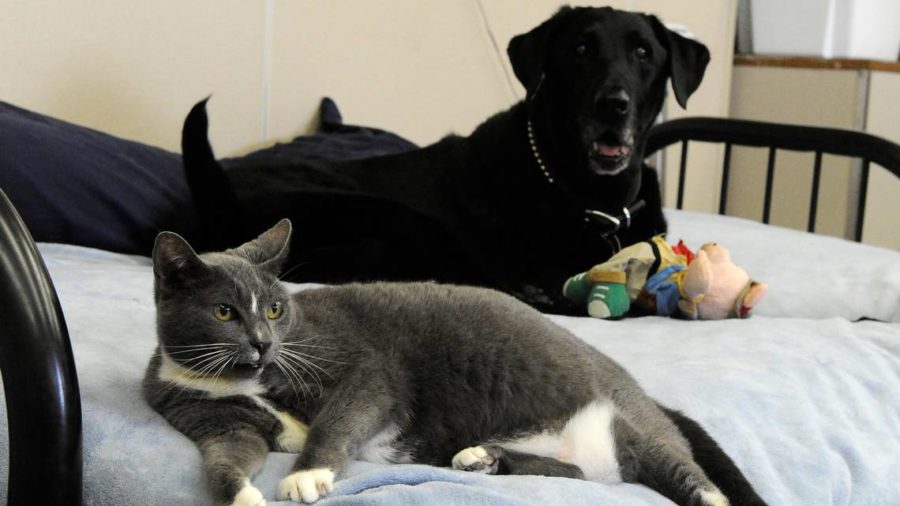How easily can your pets catch COVID? It happens more often than you think, study says?
The following written content by Katie Camero

It’s been known since the beginning of the pandemic that cats and dogs can catch COVID-19 from infected people, as have gorillas, mink and one ferret. But what remains unclear is how susceptible your pets are to the disease, and what factors, if any, raise their risks of infection.
Now, two studies to be presented in an online medical conference next week reveal dogs and cats are catching the illness from their owners more often than thought, with felines facing greater risks than canines.
Despite lingering unknowns, the studies found no evidence of pet to human coronavirus transmission, easing some discomfort about the potential for more animal spillovers. (Most scientists believe the virus hopped from bats to humans.)

“If you have COVID-19, you should avoid contact with your cat or dog, just as you would do with other people,” Dr. Els Broens, co-author of one of the studies and director of the Veterinary Microbiological Diagnostic Center at Utrecht University in the Netherlands, said in a statement. “The main concern, however, is not the animals’ health — they had no or mild symptoms of COVID-19 — but the potential risk that pets could act as a reservoir of the virus and reintroduce it into the human population.”
“Fortunately, to date no pet-to-human transmission has been reported,” Broens added. “So, despite the rather high prevalence among pets from COVID-19 positive households in this study, it seems unlikely that pets play a role in the pandemic.”
The study from the Netherlands team found that among 310 pets with nearly equal parts cat and dog from 196 coronavirus-positive homes, 13 pets (six cats and seven dogs) tested positive for COVID-19. Meanwhile, 54 pets (31 cats and 23 dogs) had coronavirus antibodies — a sign of past infection.
All of the infected animals eventually tested negative, the researchers said.
The team also revisited the homes of pets that tested positive to check if infected animals were passing the virus to other pets in the household; none tested positive, suggesting pet-to-pet transmission is unlikely. Read more from Miami Herald.





